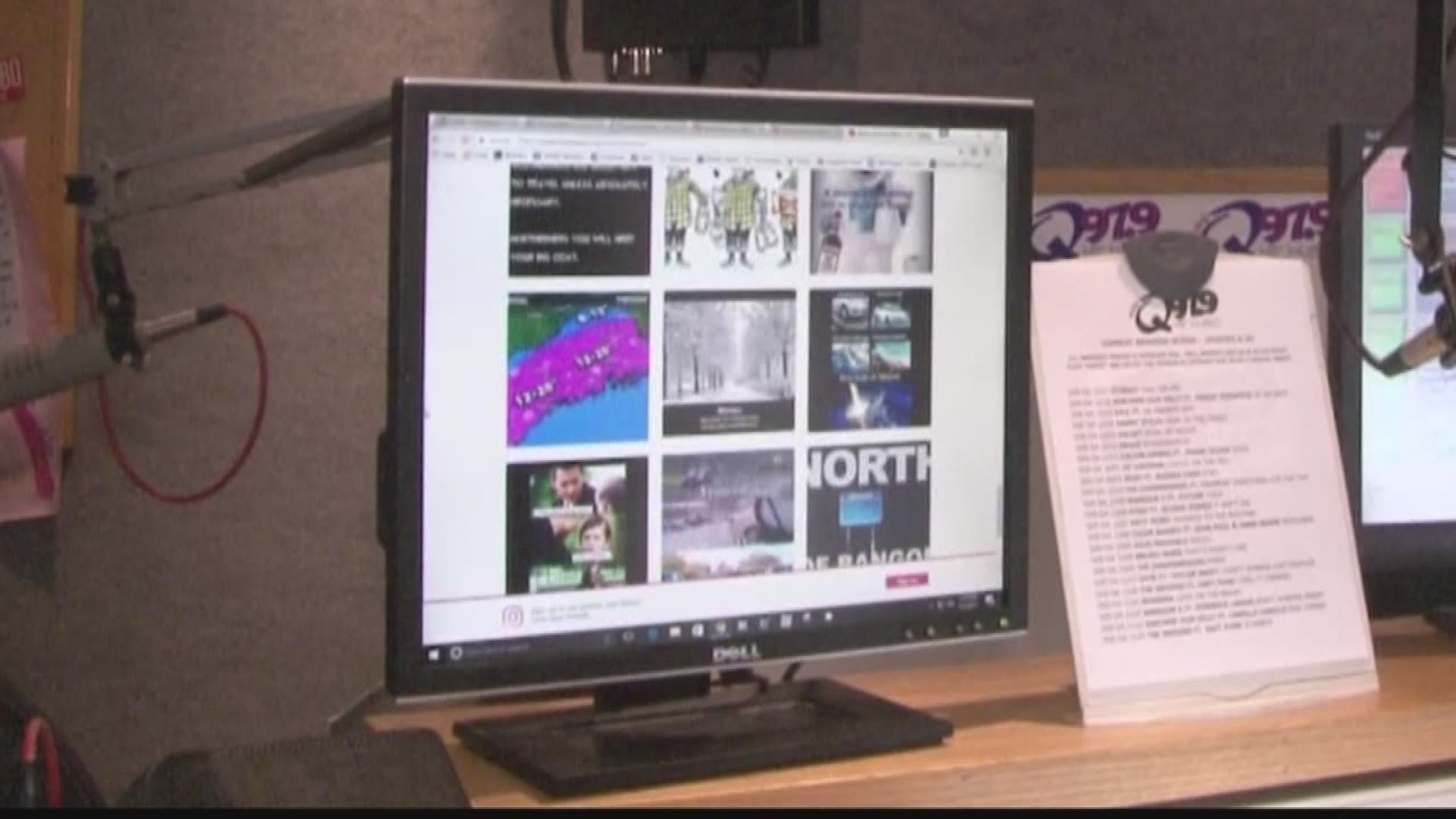MAINE, USA — You see them whenever you're out driving around: vanity plates.
The Secretary of State's Office says of the 1.5 million registered vehicles in Maine, about 106,000 have vanity plates. There are a few out there that some consider risque, which leads to this question: "What am I allowed to put on my license plate?"
The Secretary of State's office says the language of Maine's license plate law was updated in 2015 after a discussion about first amendment rights.
A breast cancer series plate that read "BQQBS" was rejected by the Secretary's of States office. That plate belonged to the friend of a state legislator who asked, "Why?"
"What we suddenly noticed was the cracking around our feet from the thin ice that we were on with the constitution," says Secretary of State Matt Dunlap.
A case in neighboring New Hampshire also caught Dunlap's eye. The state rejected a request for a plate that read "COPSLIE." The man who submitted the request said that decision was a violation of his first amendment rights. He took his case to the state supreme court, and justices unanimously sided with the man, adding that New Hampshire's license plate laws are "unconstitutionally vague."
That prompted Dunlap to speak with Maine lawyers and legislators about what his office was rejecting, and what he could reasonably defend in court. The consensus? Reject the plates that encourage violence, or carry hate speech, such as racial slurs. Profanity and words that are considered vulgar are a go.
Dunlap hears complaints, some from parents with young kids, others from people who wonder why this is allowed.
"Some people get upset by it, but that's for the holder of the plate to figure out, not for me to mandate to protect people from being offended," says Dunlap.
On Facebook, some of our audience denounced the plates, but majority of people weren't bothered by them, and defended a person's first amendment right to have them. Some sent in pictures of their own plates, or plates they have seen on the road, praising them as funny or creative.
"If you are going to allow vanity plates, you are going to have to live with what people put on them," says Dunlap. "My viewpoint is, where better to celebrate the first amendment than on state property."

